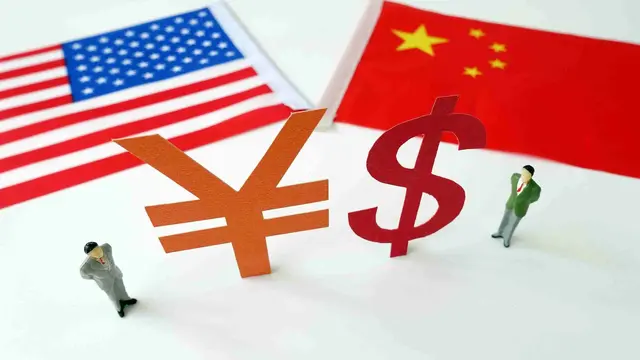Thai army chief Gen. Prayuth Chan- ocha has asked demonstrators not to make a "three-finger" sign in public in protest of last month's coup, warning such gesture is against the martial rule.
In a 40-minute speech broadcast nationwide on TV and radio Friday night, Prayuth, who led the May 22 military coup to overthrow a caretaker civilian government, urged the street protesters to stop making the protest sign, which, he said, merely imitated a gesture by characters in blockbuster film the Hunger Games.
According to anti-coup protesters who admitted to have been inspired by the Hollywood movie, the index, middle and ring fingers which they conspicuously showed off while taking to the streets in the Thai capital mean peace, freedom and fraternity.
"The 'three-finger' sign may represent some kind of principle originally adopted in a foreign country and I do not want to argue about it.
"But if you really want to make that 'three-finger' sign, would you please do so at home? If you did it in public, you'd obviously break martial rule," Prayuth said.
The martial rule, imposed a few days ahead of the bloodless coup, is currently effective nationwide and those alleged to have violated it may be brought to martial court which might probably deliver harsher penalties than criminal or civil court.
"Instead of that, let's make a 'five-finger' sign today. Two fingers mean the country, which is the most important. One other finger means religion, one other means the monarch and the other represents the people. Stop imitating characters in the foreign film with that 'three-finger' sign," he said.
His comments about the otherwise superficial subject followed repeated gatherings in the heart of the capital of anti-coup protesters who had engaged in tense standoffs with army troops and policemen, some of them armed with guns and others with batons and shields.
Though no violence has occurred to either side since the coup was staged a few weeks ago, such recurring public phenomena obviously has upset the coup leader, who repeatedly called on the peaceful demonstrators, many of whom being university students, to stop doing so and allow him to work things out for the interests of the country and people.
Under Prayuth's "roadmap," a Reconciliatory Center for Reforms has been set up to fix social rifts which have existed for nearly a decade and divided the Thais into two opposing sides.
The coup leader has repeatedly vowed to take steps to put an end to such polarized politics, in which many Thais had been persuaded to wear either yellow shirts or red shirts to signify their different ideologies.
"I'd like to ask all of those protesters to stop taking to task the National Council for Peace and Order and allow us to follow the 'roadmap' and solve the country's problems which have prevailed since the last nine years.
"Over time all the problems will be addressed by sustainable, effectual solutions. Let's reform our country which was nearly on the brink of a debacle," he said, apparently referring to Bangkok' s six-month-long street unrest which finally prompted him to stage the coup."
A marathon anti-government protest in 2005 prompted the military to stage a coup the next year to oust former leader Thaksin Shinawatra, brother of deposed Premier Yingluck Shinawatra.
The "roadmap" calls for the setting up of an interim, non- elected government, an interim constitution, a National Assembly which will draft a new charter and a Reform Council which will perform based on feedbacks from the Reconciliatory Center for Reforms.
Following the military-led efforts toward national reconciliation and restoration of public peace and order, which are expected to take a few months time from now, those bodies will have about one year to finish their assigned duties after which democratic rule will be returned to the country, according to the army chief.
That primarily will feature an election nationwide, followed by the reopening of parliament where elected legislators will pick a prime minister from among themselves.
Meanwhile, Prayuth reassured that Thailand's tourism will return to business as usual since curfew has already been lifted in several major tourist spots, mostly in southern seaside areas.
Curfew, imposed from midnight until 4 a.m., is still effective in the capital and provinces throughout the country except in Pattaya, Phuket, Samui Island, Krabi, Pang-nga, Hua Hin and Cha-am, all favorite seaside resorts for foreigners.
As long as peace and order are restored, the curfew elsewhere will be lifted in due course, he said.
 简体中文
简体中文

